On November 8, at the scientific workshop "Developing state management capacity on education for managers at department, commune and educational institution levels when implementing two-level local government" organized by the Department of Teachers and Educational Managers (Ministry of Education and Training) in coordination with the Academy of Educational Management, Dr. Vu Minh Duc, Director of the Department of Teachers and Educational Managers, said that since the whole country began operating the two-level local government model, educational management has entered a new phase with many opportunities and challenges.
The commune level will now directly manage preschool, primary and secondary education facilities. Many tasks previously assigned to the Department of Education and Training have now been transferred to the Department of Culture and Society at the commune level, requiring the management staff to be equipped with knowledge and skills appropriate to the requirements of the sector.
"In fact, in recent times, the process of implementing two-level local government has revealed many problems and difficulties in the process of education management," Mr. Duc said.
Specifically, according to the survey data of the Ministry of Education and Training nationwide in August 2025, many communes/wards do not have enough civil servants in charge of the education sector. The Department of Culture and Society of the commune must perform many tasks in the fields of culture, sports, tourism, education, health, science and technology, labor, war invalids and social affairs, etc. but is only assigned about 10 civil servants per commune, of which, the civil servants in charge of education are only an average of 1.04 civil servants/commune.
“A lot of education managers at the commune level do not have expertise or experience in education. Only about 50% of the civil servants in charge of education in communes and wards have expertise in education or have worked in the education sector.
However, many people who were previously in charge of only one level of education now have to be in charge of all three levels. There are people with education expertise who have moved to other fields for many years and now return. This has caused certain confusion in the initial stages,” Mr. Duc said.
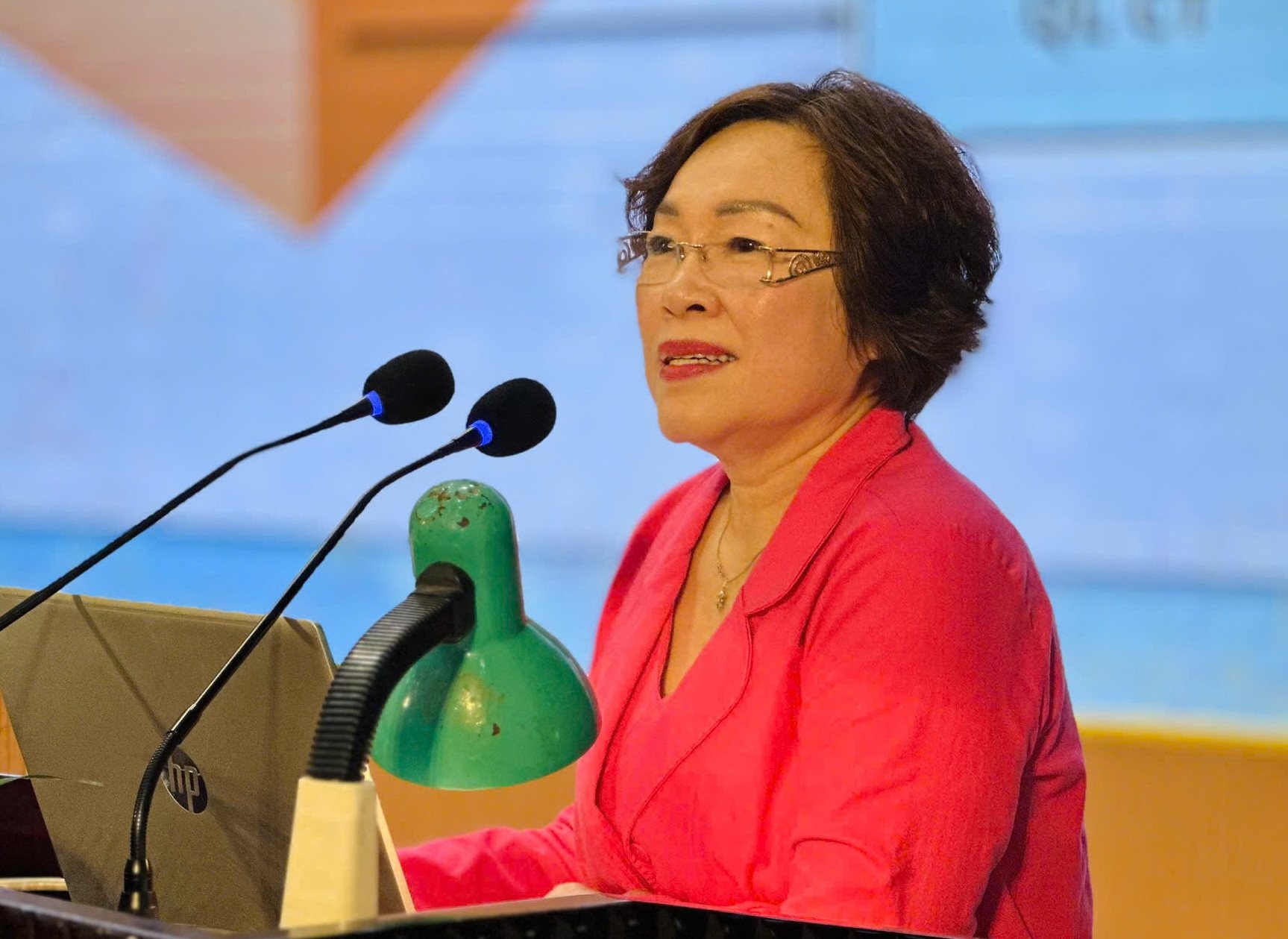
According to statistics from the Department of Education and Training of Ho Chi Minh City, after 4 months of merger, 35/168 wards and communes have assigned officials in charge of education but have never worked in education. Similarly, according to a report from the Department of Education and Training of Lang Son, 19/65 wards and communes have officials in charge of education but not in the right field and 2 wards and communes have not yet assigned this position.
In Tay Ninh, 60 out of 96 wards and communes assign tasks to untrained civil servants in the field of education. Meanwhile, in Vinh Long, this number is 69 out of 124 wards and communes.
Ms. Tran Thi Ngoc Chau, Deputy Director of the Department of Education and Training of Ho Chi Minh City, said that when the number of education management staff is small, it will be difficult to ensure the requirements of comprehensive state management of education in the locality, especially financial work.
Prof. Dr. Nguyen Thi My Loc, Vice President of the Council of Professors of Educational Sciences, also agreed with this. She said that when implementing the two-level local government model, the management workload of the Department of Education and Training doubled, especially in newly merged provinces.
The absence of a district-level Department of Education and Training has led to a lack of intermediary forces to provide professional support, inspection and teacher training. In addition, the number and capacity of commune-level officials are limited, the Department of Culture and Society is responsible for many areas, many civil servants in charge of education at the commune-level Department of Culture and Society do not have in-depth expertise or are transferred from other areas, leading to confusion in advising and implementing tasks.
Need to standardize the education management team at the commune level
Faced with the above reality, managers and experts believe it is necessary to standardize the commune-level education management team to meet the requirements of operating a two-level model.
Professor Nguyen Thi My Loc believes that the first thing a manager needs to do is to identify their new role and gradually train themselves to meet the requirements of their new job position.
“You have to know your job, you can’t ask the principal for help with everything. You are a commune leader but you don’t know anything below, how can you make decisions?” she said.
Meanwhile, some localities have come up with short-term solutions to mobilize principals and core teachers to support the Department of Culture and Society in familiarizing themselves with the specific activities of the sector. For example, in Nghe An, school leaders are assigned to provide professional advice and support to commune-level education officials.
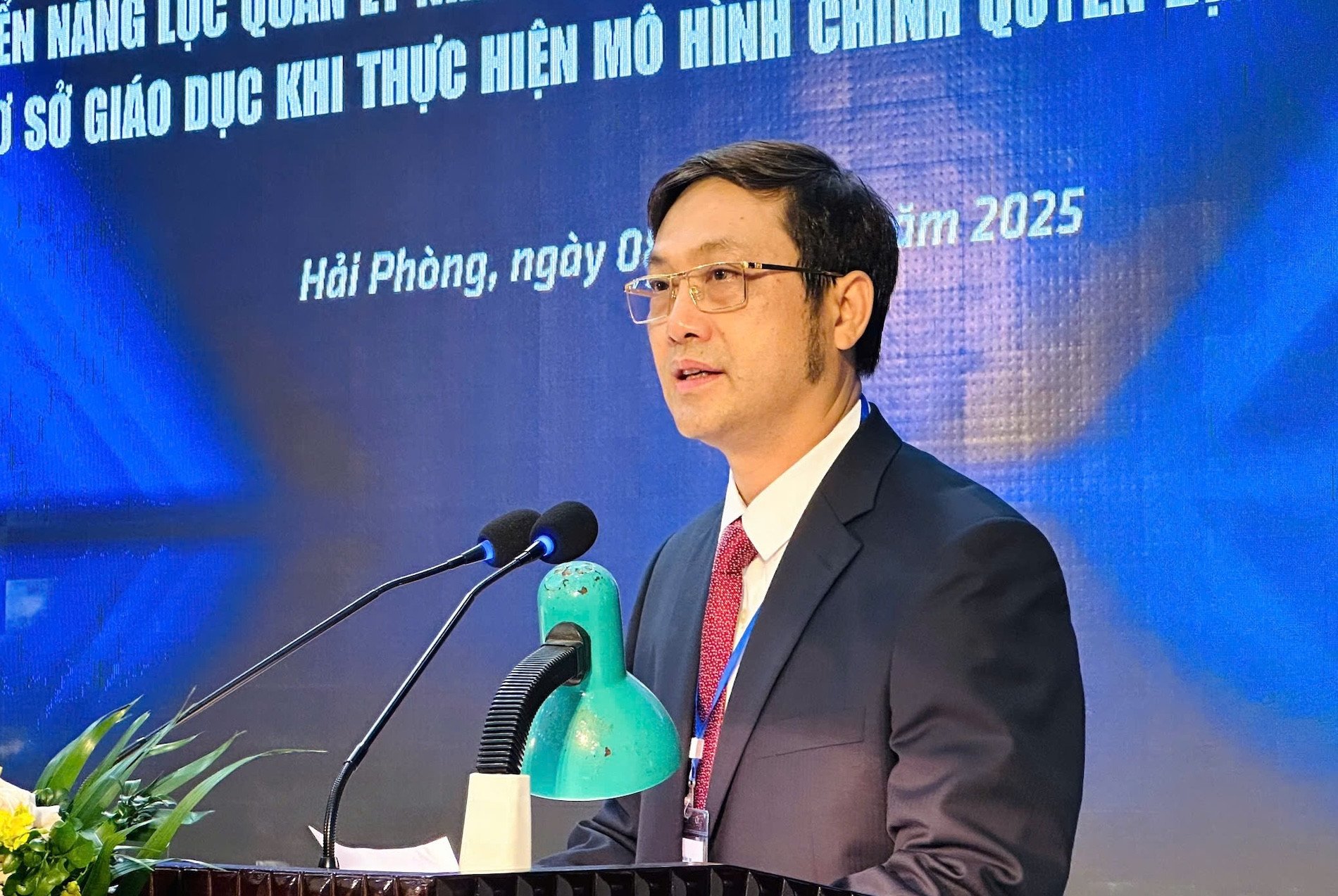
Regarding this, Associate Professor Dr. Pham Van Thuan, Director of the Academy of Educational Management, said that there are two ways to equip knowledge and capacity in education and training for education management officials at the commune and ward levels.
For those who do not have expertise or experience in the education sector, formal training is required. For now, it is possible to provide general training in educational management capacity, then further training such as studying for a second degree, studying for a master's degree in educational management...
For those who have specialized knowledge and experience in the education field but have moved to work in other units and then returned, there should be immediate training programs to limit shortcomings.
“There needs to be a capacity framework for commune-level officials, from which to examine and evaluate. When we see any missing capacity, we will place orders to build a suitable program.
With the current job structure at the commune level, one person has to do a lot of work, so there is not much time for studying and training. It is necessary to carry out digital transformation in education more strongly, combining work and direct learning with online learning, meeting the needs of two-level local management," said Mr. Thuan.

Source: https://vietnamnet.vn/qua-nua-can-bo-xa-phu-trach-giao-duc-nhung-chua-tung-lam-giao-duc-2460823.html






![[Photo] Cutting hills to make way for people to travel on route 14E that suffered landslides](https://vphoto.vietnam.vn/thumb/1200x675/vietnam/resource/IMAGE/2025/11/08/1762599969318_ndo_br_thiet-ke-chua-co-ten-2025-11-08t154639923-png.webp)






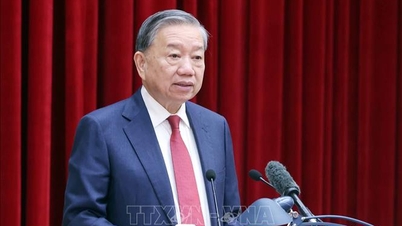

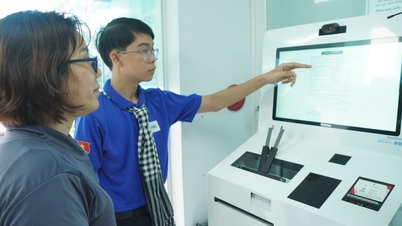


![[Video] University of Foreign Languages - Vietnam National University, Hanoi received the First Class Labor Medal](https://vphoto.vietnam.vn/thumb/402x226/vietnam/resource/IMAGE/2025/11/08/1762614378165_gen-h-z7203450341291-b1f427bb0cccc706a5bcc4b985f90a70-7234-jpg.webp)



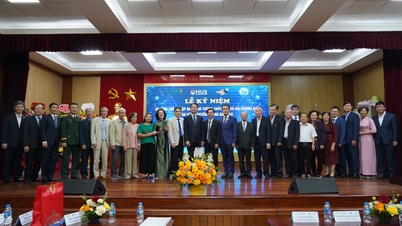



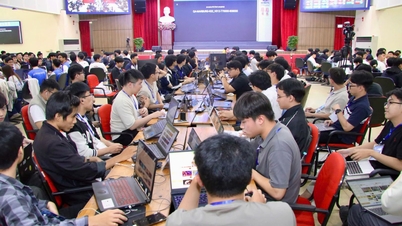







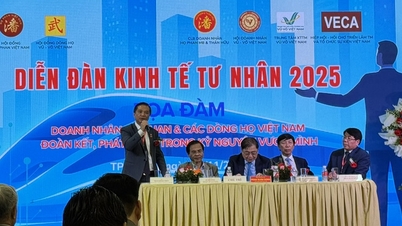









![[Video] Hue Monuments reopen to welcome visitors](https://vphoto.vietnam.vn/thumb/402x226/vietnam/resource/IMAGE/2025/11/05/1762301089171_dung01-05-43-09still013-jpg.webp)















































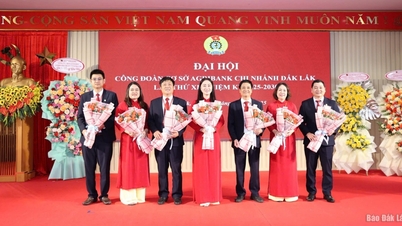


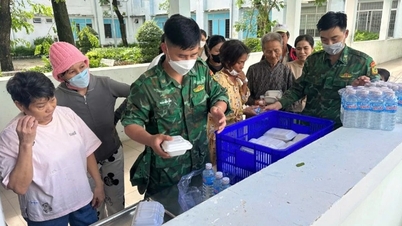















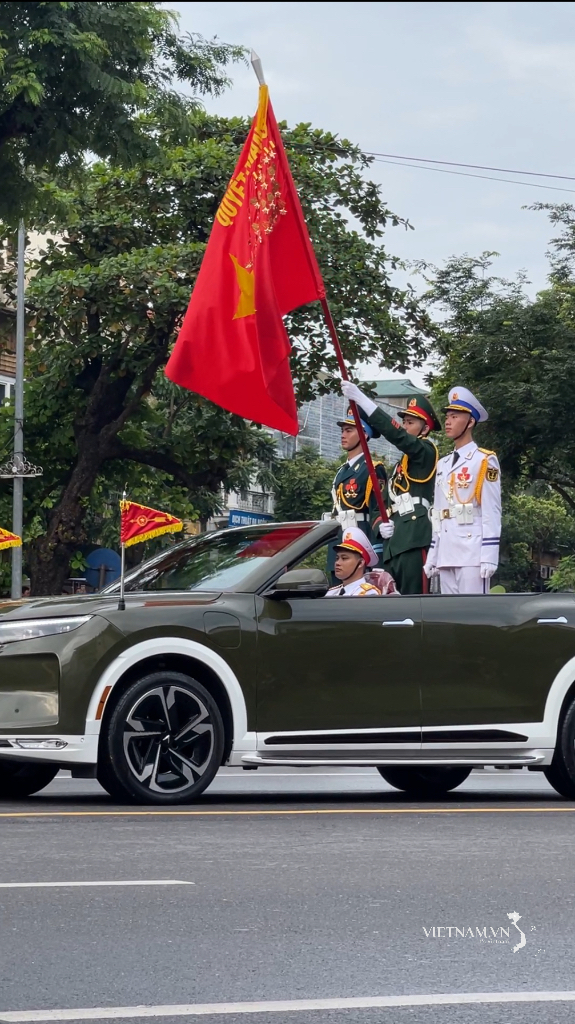
Comment (0)